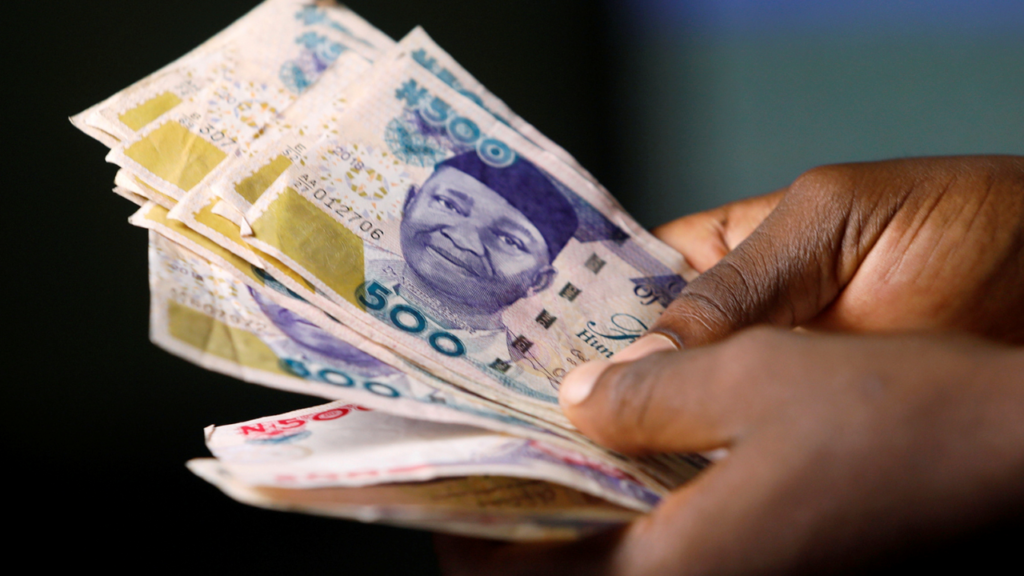Global credit ratings agency, Standard and Poor (S&P) has affirmed Nigeria’s short-term foreign and local currency sovereign credit worthiness at ‘B-/B’ and Nigeria’s long- and short-term national scale ratings at ‘ngBBB+/ngA-2’.
The firm noted that the outlook is stable.
However, the firm stated that the challenge for President Tinubu’s administration remains managing the effects of inflation and currency depreciation.
According to the NBS, Nigeria’s inflation for December stood at 28.92%– the highest in 27 years and in 2023, inflation averaged 25%.
Also, since the unification of the foreign exchange market in June, the naira has depreciated by over 100%. This past week, the naira nearly kissed the N1500/$ mark on the official market with the CBN reigning in on the market by introducing a slew of initiatives including the removal of the cap on exchange rates quoted by International Money Transfer Operators (IMTOs).
The apex bank during the week also cleared around $500 million of owed backlogs to companies operating in Nigeria from the estimated $7 billion owed.
Challenges to macro-economic stability
The S&P report also noted that President Tinubu’s initial reforms might stabilise the macroeconomic environment in the medium term. Still, it noted that implementation risks such as tightening monetary controls and reduced investment in the productive sectors might derail the benefits of the reforms.
- It stated, “While we expect the Tinubu administration’s policy changes to support the macroeconomic environment in the medium term, there are risks to their implementation. These risks include reversing previous practices of monetizing fiscal deficits and tightening currency controls, without investing sufficiently in productivity and governance improvements in the oil and non-oil sectors.”
Desertion of capital imports
Furthermore, the report noted that capital flights and currency depreciation will persist if Nigeria fails to address its high inflation and weak balance of payment position.
In the third quarter of 2023, Nigeria’s capital importation dropped by 43.55% from $1.16 billion recorded in the third quarter of 2022 to $654.65 million. Quarterly, there was a decrease of 36.45% from $1.03 billion in the previous quarter of the same year.
